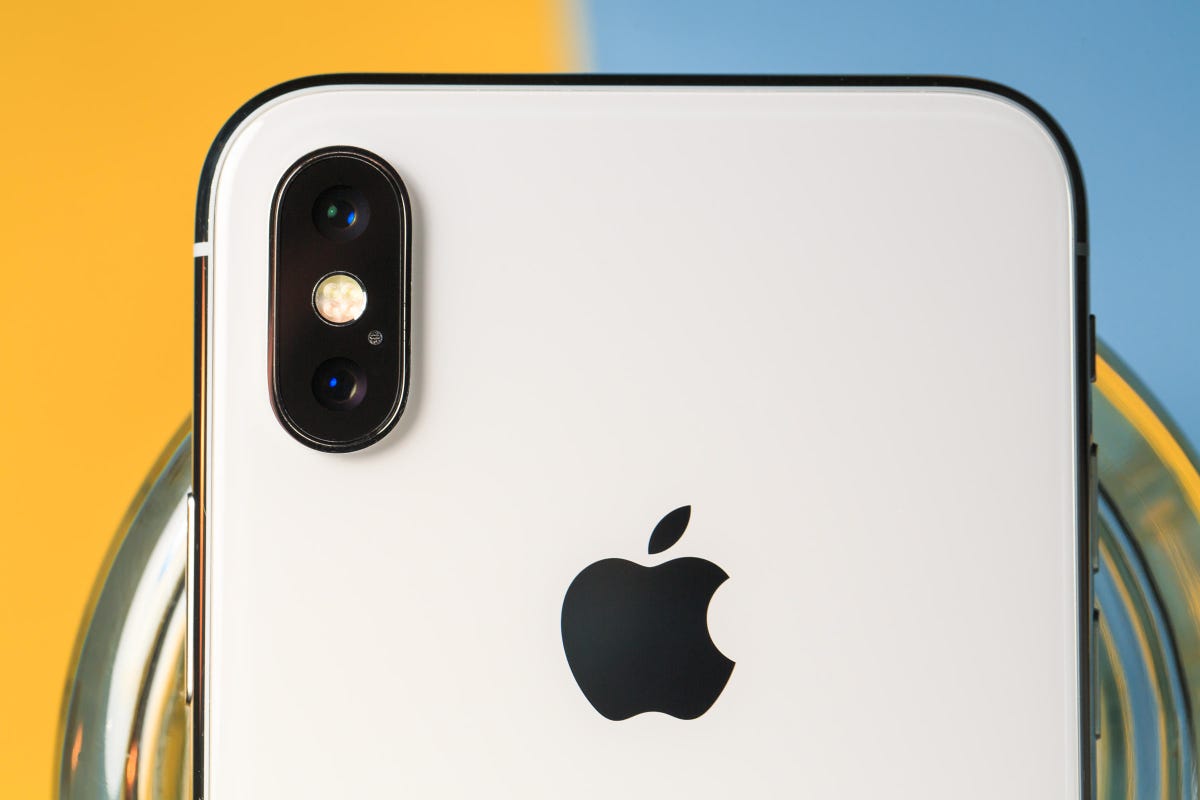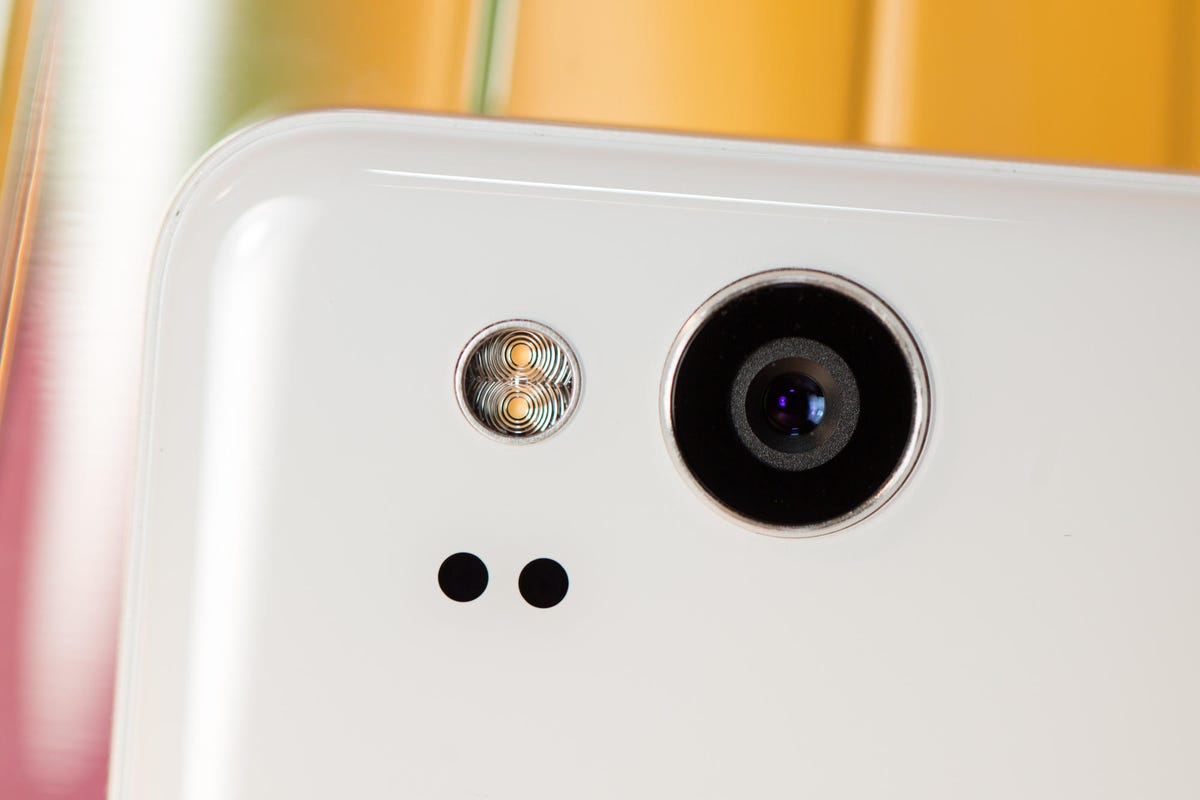You’ve picked out the phone you want to buy, but the decision-making process is far from over. One big choice is whether to buy an unlocked phone or one tied to a carrier. For many people, there’s a lot of ambiguity about how unlocked phones work and the benefits they offer. To help guide you through the world of unlocked phones, we answer some the most common questions as well as dispel some myths.
What is an unlocked phone?
An unlocked phone is not tied to a specific phone carrier and can be used on any carrier you choose. That means:
• You have more models of phones to choose from than what the carriers offer.
• When traveling, you can easily use international SIM cards.
• You can switch carriers without penalty.
• Since it’s unlocked, it usually has a higher resale value.
The caveat is that you might not get every network feature, like Wi-Fi calling or HD voice, and the carrier won’t guarantee that the voice or data network will work perfectly on your phone. In other words, you’re on your own.
What are the different ways I can buy a new phone?
There are three ways:
- Directly from the phone maker such as Apple, Google or Samsung.
- Through a phone carrier such as AT&T, Sprint, Verizon or T-Mobile.
- From a third-party retailer such as Amazon or Best Buy.
Phone makers and retailers sell both unlocked phones and locked carrier phones. For example, Apple sells an unlocked version of its iPhone X, but it also sells models that are tied to AT&T, Sprint, T-Mobile or Verizon. Best Buy sells an unlocked version of the Samsung Galaxy S9 ($198 at eBay) as well as locked versions for different carriers.
How are phones locked to a carrier?
The short answer is software. Phones tied to a specific carrier are locked by carrier software. An unlocked phone doesn’t have that software.
But don’t fret, the Unlocking Consumer Choice and Wireless Competition Act lets you unlock your carrier phone once you’ve paid for it fully and finished any contracts or agreements.
What’s the difference between an unlocked phone and a universal model?
An unlocked phone is a phone that is not tied to any specific carrier, while a universal phone is not tied to any specific network.
In many cases, phones are both unlocked and universal.
Smartphones are designed to work on either GSM or CDMA phone networks — think AM versus FM radio. Here in the US for example, AT&T and T-Mobile are GSM networks while Sprint and Verizon use CDMA. A universal phone can be used on any of those networks.
For years, unlocked phones were almost exclusively GSM. But recently, more smartphones are universal, like the iPhone X, Google Pixel 2 and Moto G6. When in doubt, always check with the phone manufacturer or your carrier for compatibility.
Is it cheaper to buy a phone from my carrier or the phone maker?
It actually costs the same. For example, a brand new 64GB iPhone X is $999 from both Apple and the carriers. Obviously, this doesn’t include sales or promotions.


You can buy an iPhone X from Apple or from any major carrier and the base price is exactly the same.
Josh Miller/CNET
Are all phone models sold through both phone makers and carriers?
No. Some brands, like Moto and Huawei, sell phones only from their websites or through retailers like Best Buy and Amazon. It’s the same deal with Google’s Pixel 2 or Pixel 2 XL. If you want to buy it directly from a carrier, you have one choice: Verizon. But Google’s online store also sells an unlocked version which works on AT&T, Sprint, T-Mobile and Verizon.
The big advantage here is that buying an unlocked model from a phone maker gives you access to a larger variety of phone models compared with the smaller selection of handsets that carriers typically offer.
If I buy a phone unlocked, can I really use it on any carrier?
Yes and no. For example, if you buy a Google Pixel directly from Google, it’s unlocked and can be used on any major carrier simply by putting a SIM card in it. However, if you bought a OnePlus 6 directly from OnePlus, it too is unlocked, but can only be used on GSM networks like AT&T and T-Mobile in the US — it won’t support Sprint or Verizon’s network bands.


An unlocked Pixel 2 works on GSM (AT&T and T-Mobile) and CDMA networks (Verizon and Sprint).
Josh Miller/CNET
The four major carriers each have Bring Your Own Phone (BYOP) pages where you can double check the device you want to use on a carrier. Going back to that OnePlus 6, when I checked its credentials on Verizon’s BYOP page, it let me know that the OnePlus 6 was not compatible with its network.
If I buy a phone online and bring it to my carrier, does it really cost the same as buying it from a carrier directly?
It really does.
What if I can’t afford the full cost of the phone upfront?
Many people prefer to finance a new phone instead of paying full price for it upfront. Phone makers and phone carriers offer promotional credit plans to cover the price of your phone. Keep in mind, this financing is in addition to what you pay monthly to a phone carrier for a data plan.
Does financing cost more in the long run?
That depends on your credit. Phone makers and major carriers offer promotional credit financing at 0 percent interest (usually over 24 months). Obviously, if your credit is not great, your interest rate will be higher and in turn you will pay more for your phone. It’s worth noting that some credit offers require a cash deposit in addition to financing the cost of your phone — again this is all dependent on your credit history.
What if I sign up for a plan like Apple’s iPhone Upgrade Plan?
The iPhone Upgrade Plan is a great option for those wanting both an iPhone and AppleCare+. A 64GB iPhone X ($999) and AppleCare+ ($199) will cost you $1,198. The upgrade plan offers 24-month financing for $41.91/month ($1,198 over two years).
Apple will let you upgrade to a new iPhone as early as six months — you just have to pay off half of the phone’s cost and trade it back into Apple.
Keep in mind, the phone is unlocked but must be activated in an Apple Store on one for the four major carriers. Also, the finance payment you’re making to Apple is in addition to the cost of a monthly data plan. AppleCare+ has additional charges if you actually end up using it: a $29 fee for screen damage and a $99 fee for other damage.
Once I buy a phone direct, how do I activate it on the carrier?
Go to the carrier’s BYOP page to check the compatibility of your new phone with the carrier’s network — ideally before you purchase the phone. If things are compatible, you’ll be prompted to choose a data plan.
Here are links to the BYOP pages from the four major carriers in the US:
- AT&T
- Sprint
- T-Mobile
- Verizon
What’s this activation fee carriers want to charge me?
All of the carriers (except T-Mobile) charge you a one-time fee for activating a new phone or other device on their network. AT&T charges $25, Verizon and Sprint $30. T-Mobile doesn’t have an activation fee, though the carrier does charge $25 for a SIM card kit.
How am I going to remember all this?
The good news is you don’t have to. Just know that there are no financial advantages to buying a phone from a manufacturer or from a carrier — locked or unlocked. The real advantage to buying a phone from a carrier is the convenience of doing it all at once. While the advantages of an unlocked phone are that you have more say over which carrier you want to use as well as a wider selection of phone models.
First published Feb. 17, 2017 at 5:00 a.m. PT.
Update, July 9, 2018 at 5:00 a.m.: Updates carrier Bring Your Own Phone (BYOP) pages
Follow the Money: This is how digital cash is changing the way we save, shop and work.
CNET Magazine: Check out a sample of the stories in CNET’s newsstand edition.



